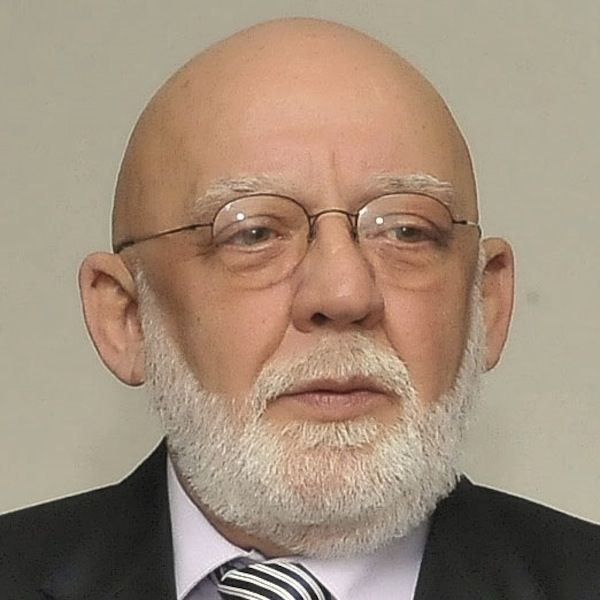
For UNIMED do Brasil, the largest system of medical co-operatives in the world, sustainability is an integral part of its business strategy. Throughout 2014 UNIMED has continued to focus on its Sustainability Programme, which was first introduced four year ago to promote responsible consumption of water, energy and paper among staff members.
This initiative led to a monthly reduction of 5% in water and energy consumption and 25% in the amount of printed materials. At its head office in San Pablo the insurer uses artesian wells to supply water and cisterns to store water and reuse it for cleaning of in the garden. To reduce water waste, UNIMED has installed automatic taps with sensors and pressure reducing valves. It also uses set free air conditioning systems and fluorescent lamps, which helps reduce electricity consumption.
These changes help UNIMED promote energy saving and water waste reduction not only within its premises, but also among employees, can then take simple actions to reduce water or energy consumption within their own homes.
Since 2010 UNIMED has also been monitoring its CO2 emissions, with the aim of minimising the impact on the environment. Last year the insurer has sought to decrease the number of plane journeys undertaken by employees and encouraged these to also share cars to reduce CO2 emissions.
UNIMED is also running a recycling programme to promote the right disposal of credit, debit or health insurance cards among its customers and the community in general. In 2014 they recycled 350,000 cards.
As a co-operative insurer, UNIMED has continued its commitment to the local community. Through its volunteering scheme – Sustainable Life, UNIMED has enabled 220 members and employees to volunteer in the local communities last year, taking part in discussions on the quality of life, environmental preservation and economic sustainability. The programme has benefited 2,058 people, adults and children from an orphanage.
Founded in 1967 by Doctor Edmundo Castillo, UNIMED consists today of 355 medical co-operatives, which offer health services to more than 20 million customers. It has over 109,000 active physicians and 106 hospitals, as well as emergency care, laboratories and ambulances.
“At UNIMED sustainability practices are consistent with co-operative principles, which determine the interaction with communities in the form of service provision and improvement of living conditions as a permanent objective, since that we are strong and well-structured organisations focused on economic activities, but with a predominant social bias,” writes UNIMED president, Eudes de Freitas Aquino, in the report.
He added that the sustainability strategy had been designed in 2013, and revised its Social Responsibility Policy of 2001. The strategy, set out by the National Sustainability Committee, which includes a team of experts, was later on analysed and approved by 98% of stakeholders through a public consultation.
In 2014 they certified 214 co-operatives with the Unimed Sustainability Seal. It invested the equivalent of R $ 347m in health, job training, environmental projects, culture and sports, benefiting 5m people.
Photo: president of UNIMED, Eudes de Freitas Aquino




